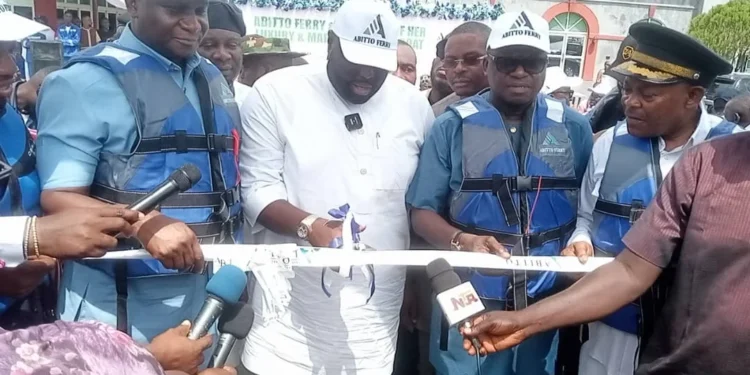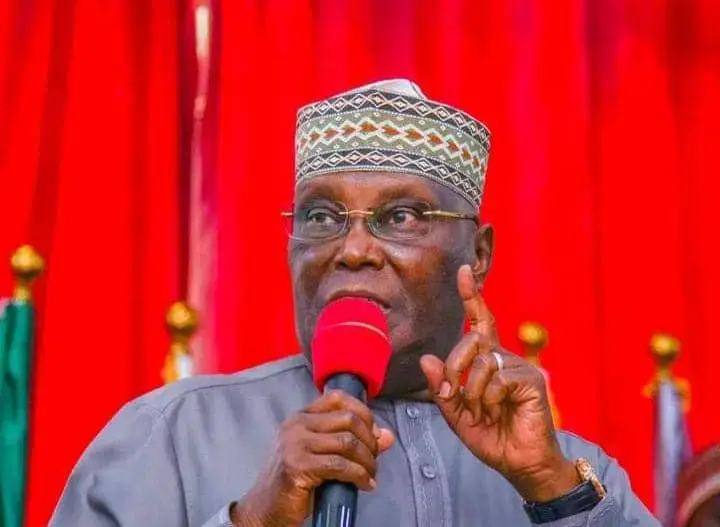The Niger Delta Development Commission (NDDC) says it will construct jetties and provide safe ferry services in communities not connected by roads in the region.
The Managing Director, Dr Samuel Ogbuku, made the disclosure at the inauguration of Abitto Luxury and Maritime Safety Boat in Calabar on Saturday.
Ogbuku, who described the Abitto ferry services as a game-changer in transportation business, said that NDDC would partner the group to connect communities in the region.
He noted that the partnership would provide safe means of transportation in the communities and stimulate their local economy.
“We have so many communities in the region that are not connected by roads, so we can collaborate with Abitto to extend these services to them
“For the Niger Delta to develop, we will not wait for foreigners, we shall use what we have to stimulate our local economy,” he said.
In his speech, the chairman of Abitto Global Services, Mr Richard Akinaka, said that the idea was to provide transportation services and reduce the travel time between Calabar and Uyo.
“This is very important, especially against the background of the bad state of Calabar-Itu road.
“We emerged as a result of the need to provide comfortable means of transportation and to create employment opportunities.
“I am proud to announce that about 90 per cent of the entire infrastructure, including the boats were built by us here in Calabar,” he stated.
Speaking at the occasion, the Senator representing Cross River South at the National Assembly, Asuquo Ekpenyong, said the ferry services would reduce the travel time between Calabar and Uyo to about 30 minutes.
“With this, you are creating jobs and promoting commerce. This is clearly a good omen” he said.
Ekpenyong said that it had become expedient to return to natural means of transportation owing to the depreciation on the roads.(NAN)











